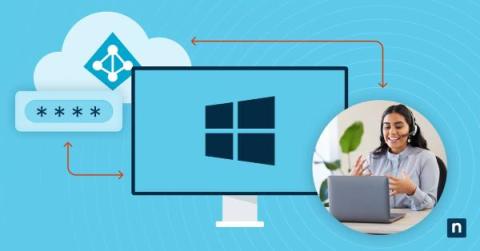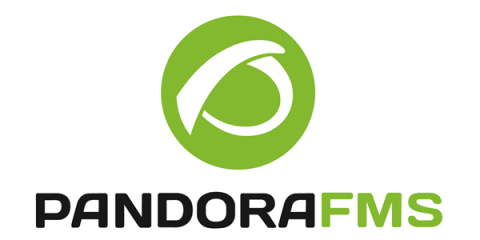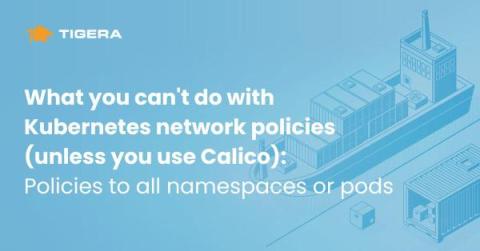The 5 Best Vanta Alternatives for Security Compliance
Over the last two to three years, we’ve seen increasing demands on all kinds of software companies to comply with security and compliance standards. More and more organizations are looking to benefit by moving their operations to the cloud, but this increases the potential for cybersecurity attacks and breaches. A new type of compliance vendor has emerged to help companies that must comply with the security standards designed to ward off cybersecurity threats.











